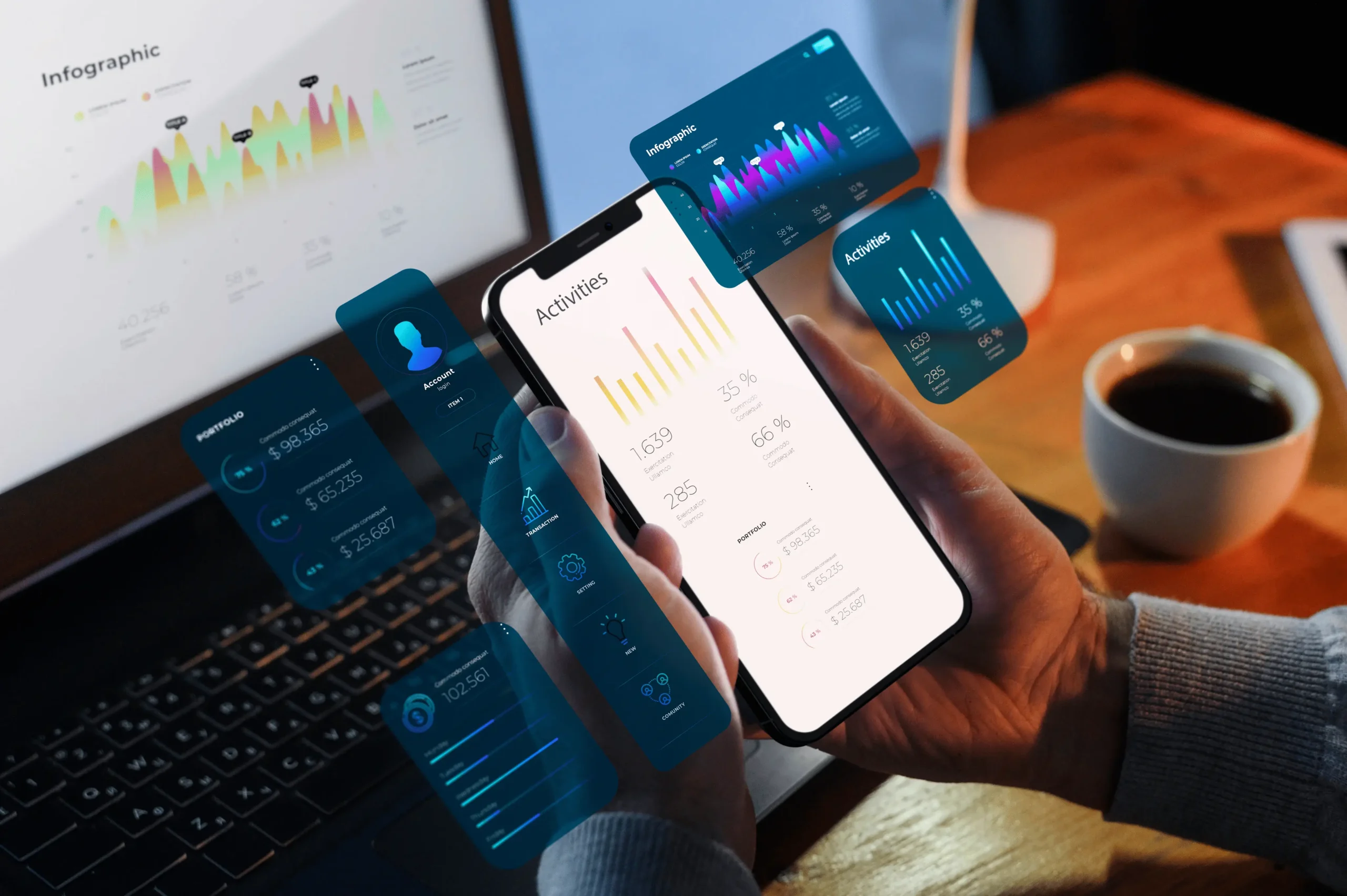Introduction
Choosing the right framework for cross-platform mobile app development is critical in 2025. With the increasing demand for fast, scalable, and high-performance apps, React Native and Kotlin Multiplatform are two of the leading choices for developers.
But which one is better for your mobile application? In this article, we’ll compare React Native vs. Kotlin, evaluating their performance, scalability, learning curve, and ecosystem to help you make the right decision.
Why Cross-Platform Development Matters in 2025
Businesses are prioritizing cross-platform development to reduce costs and speed up time-to-market. The key benefits include:
✔ Faster development cycles – Write once, deploy on multiple platforms.
✔ Lower maintenance costs – Maintain a single codebase for iOS and Android.
✔ Improved user experience – Seamless UI consistency across devices.
✔ Access to a broader user base – Reach both iOS and Android users without duplicating efforts.
React Native for Mobile App Development
Key Benefits of React Native
React Native is a popular JavaScript framework backed by Meta (Facebook), allowing developers to build mobile apps using a single JavaScript/TypeScript codebase.
✔ Hot Reloading for fast development.
✔ Native-like performance with UI components.
✔ Large community and extensive third-party libraries.
✔ Cost-effective for startups and enterprises.
Use Cases in Mobile App Development
📌 Example: Instagram and Tesla use React Native for their mobile apps to ensure a seamless cross-platform experience while maintaining fast performance (Source: Meta Developer Blog).
Performance Considerations
✔ Bridges to native components enhance speed.
✔ Can experience performance limitations in computational-heavy tasks.
✔ Ideal for UI-driven applications with frequent updates.
📌 Example: Walmart improved performance and cut development costs by adopting React Native for its shopping app.
Kotlin Multiplatform for Mobile App Development
Key Benefits of Kotlin Multiplatform
Kotlin Multiplatform, backed by JetBrains and Google, enables developers to write shared business logic while maintaining native UI experiences for iOS and Android.
✔ Native performance with direct platform access.
✔ Reuses code for business logic while keeping native UI flexibility.
✔ Strong integration with Android and backend services.
✔ More stable than JavaScript-based frameworks.
Use Cases in Mobile App Development
📌 Example: Netflix and Cash App use Kotlin Multiplatform to optimize shared code while keeping platform-specific UI elements.
Performance Considerations
✔ Runs natively without performance overhead.
✔ More efficient for CPU-intensive tasks like AR/VR or real-time processing.
✔ Best suited for large-scale applications requiring heavy computation.
📌 Example: Philips Healthcare adopted Kotlin Multiplatform for highly secure, real-time health monitoring apps.
React Native vs. Kotlin: Feature Comparison for Mobile Apps
| Feature | React Native | Kotlin Multiplatform |
| Performance | ⚡ Optimized but relies on bridges | 🚀 Native-level speed |
| Development Speed | 🛠 Faster with hot reloading | 🔧 Moderate due to native integration |
| Scalability | ✅ Good for mid-size to large apps | ✅ Ideal for enterprise-level apps |
| Ecosystem | 🌎 Strong community & libraries | 🌍 Growing adoption, native support |
| UI Flexibility | 🎨 Pre-built components available | 🎨 Full native UI control |
Which Framework Should You Choose?
Choose React Native if…
✔ You need a cost-effective, fast development cycle.
✔ Your application focuses on UI-driven experiences.
✔ You want a large developer community and third-party library support.
Choose Kotlin Multiplatform if…
✔ You need high performance and native-level speed.
✔ Your app requires complex computations or backend-heavy operations.
✔ You want better integration with Android and backend services.
dotcode: Your Mobile App Development Partner
At dotcode, we specialize in developing high-performance, cross-platform mobile applications using React Native and Kotlin.
✅ React Native App Development: Scalable mobile solutions with JavaScript.
✅ Kotlin Multiplatform Development: Native performance for enterprise apps.
✅ Custom Mobile Solutions: Tailored development for startups & enterprises.
✅ Cloud & API Integration: Seamless backend connectivity.
FAQs: Choosing Between React Native and Kotlin
1. Which framework is better for performance?
Kotlin Multiplatform offers better native performance, while React Native is ideal for fast development cycles with UI-driven features.
2. Is React Native still relevant in 2025?
Yes! React Native continues to be widely used for cross-platform applications, especially in e-commerce, social media, and startup environments.
3. Which framework is easier to learn?
React Native is easier for JavaScript developers, while Kotlin Multiplatform is better suited for native Android developers.
4. What are the biggest companies using these frameworks?
React Native: Instagram, Tesla, Walmart.
Kotlin Multiplatform: Netflix, Cash App, Philips Healthcare.
Conclusion
Both React Native and Kotlin Multiplatform offer powerful solutions for cross-platform mobile development, each excelling in different areas.
React Native is best for fast development, UI-driven applications, and startups, while Kotlin Multiplatform provides native performance and better backend integration.
At dotcode, we help businesses choose the best mobile development framework based on performance, scalability, and budget needs.
🎯 Contact dotcode today for a Free Consultation on Cross-Platform Mobile App Development!







